Does the Isomer Delta-6-THC Exist?
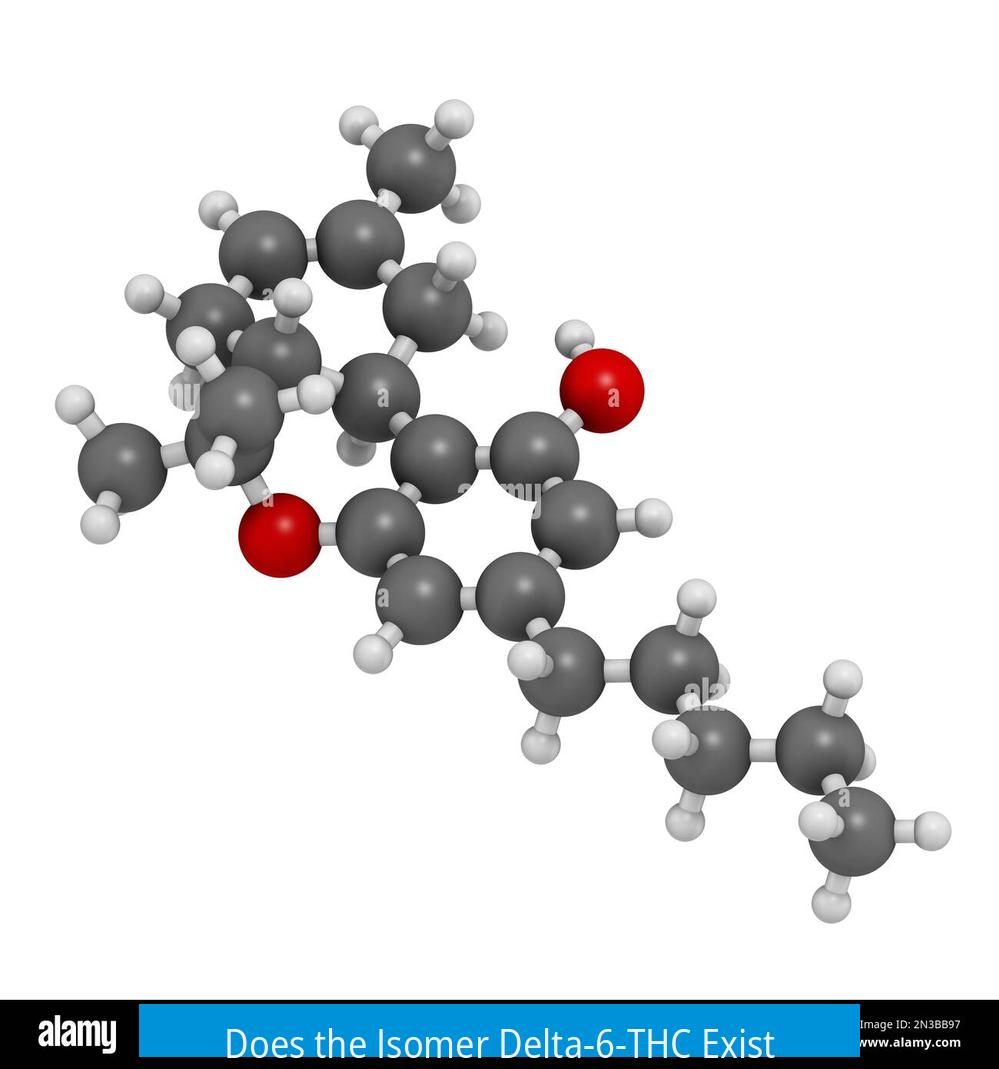
Delta-6-THC as a specific isomer exists conceptually but is not known to be produced or found as a legitimate, widely available compound. While delta-8-THC and delta-9-THC are well-documented isomers of tetrahydrocannabinol with notable psychoactive effects, delta-6-THC remains largely theoretical or obscure within chemical and commercial contexts.
Understanding THC Isomers
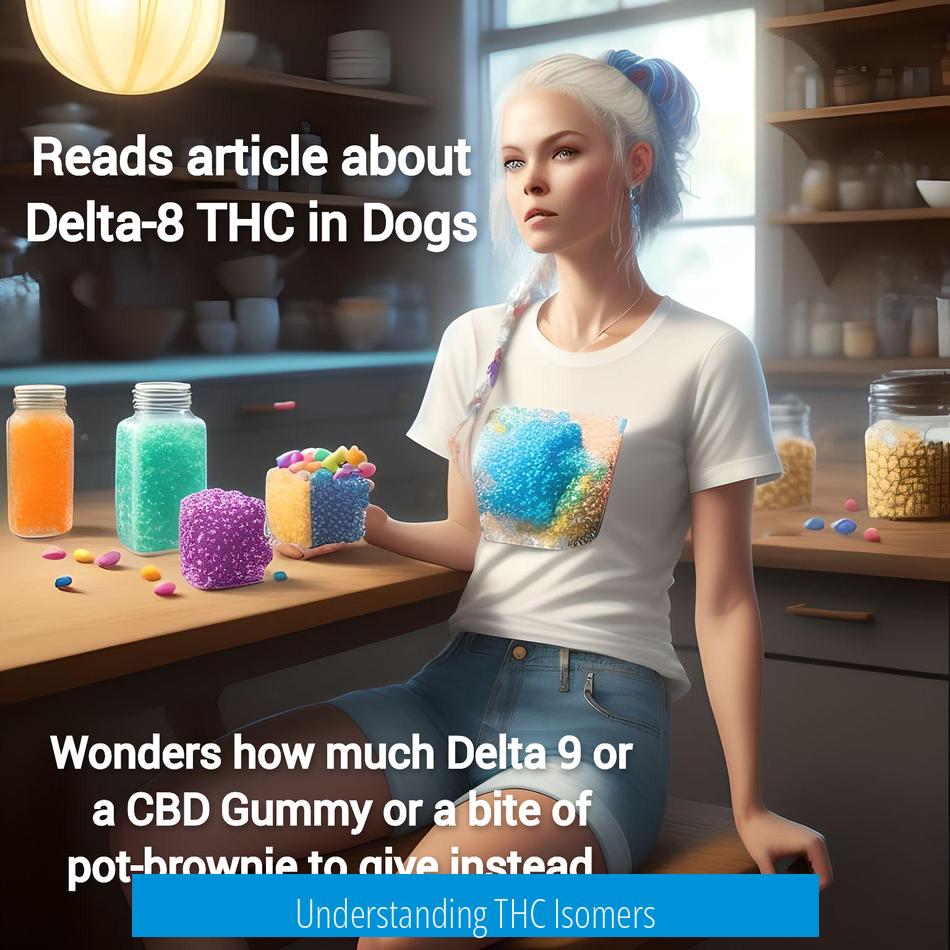
Tetrahydrocannabinol (THC) has several positional isomers, differing by the location of double bonds in their molecular structure. The delta-9-THC is most commonly known and responsible for cannabis’s psychoactive effects. Delta-8-THC also appears in natural cannabis but in smaller quantities and is gaining attention due to legal shifts.
Delta-6-THC would represent another positional isomer, involving a shift of the double bond to the 6th carbon in the cyclic ring structure. Its name follows chemical naming conventions but implies a removal or shift of a proton at this position to create a double bond that changes the molecule’s geometry.
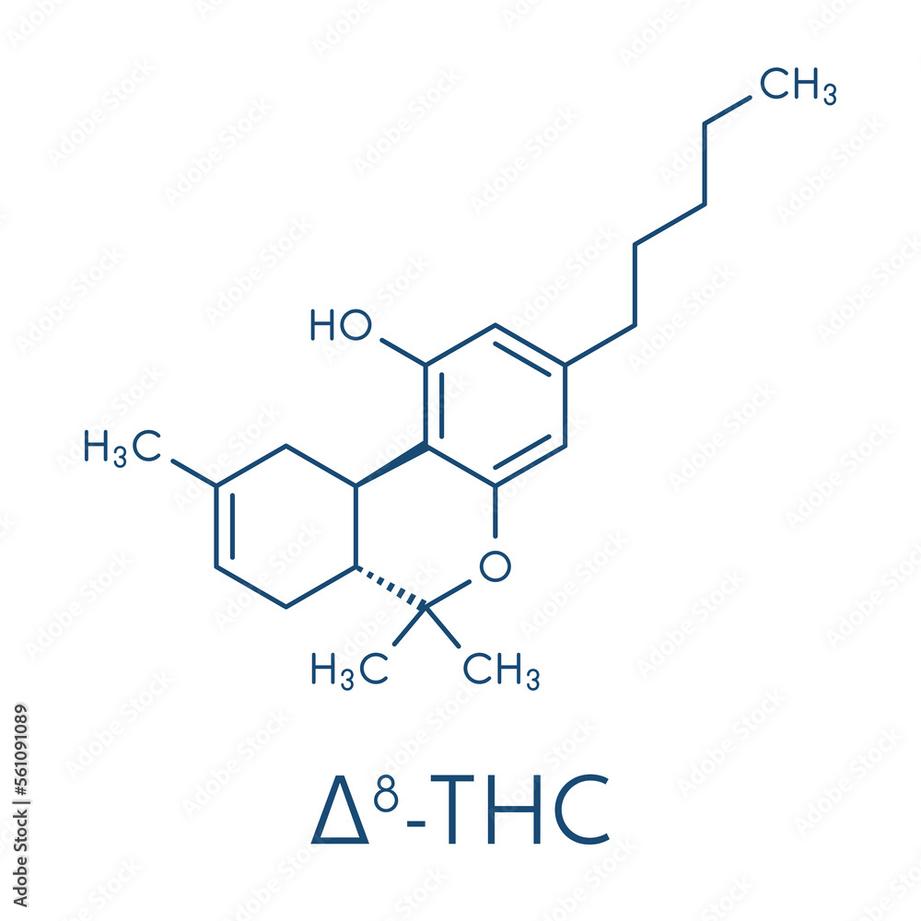
Existence and Production Status
- No verified reports exist of delta-6-THC production in laboratory or commercial settings.
- The compound has not appeared in reputable chemical catalogs or scientific literature confirming its synthesis or natural occurrence.
- Market presence or product offerings claiming to contain delta-6-THC are likely dubious, possibly confusing it with other cannabinoids such as delta-8-THC.
The 2018 Farm Bill legalized hemp derivatives excluding delta-9-THC, leading to an increase in novel cannabinoids on the market. However, this regulatory gap often permits products with little oversight or rigorous chemical validation. Claims about delta-6-THC products should be scrutinized carefully.
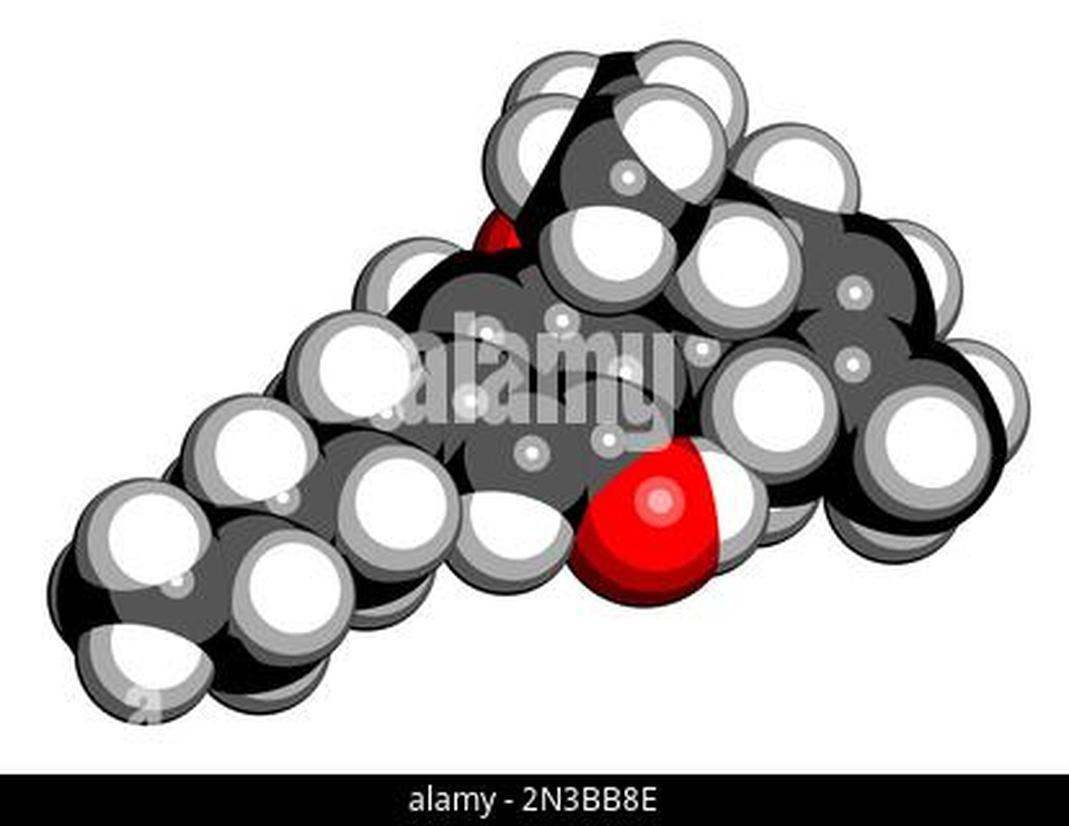
Consumer and Market Considerations
Some consumers report purchasing products labeled as “delta-6-THC.” Such anecdotal evidence is unreliable due to lack of chemical verification and potential marketing hype. More commonly, delta-8-THC dominates the market for alternative THC products due to stronger evidence and demand.
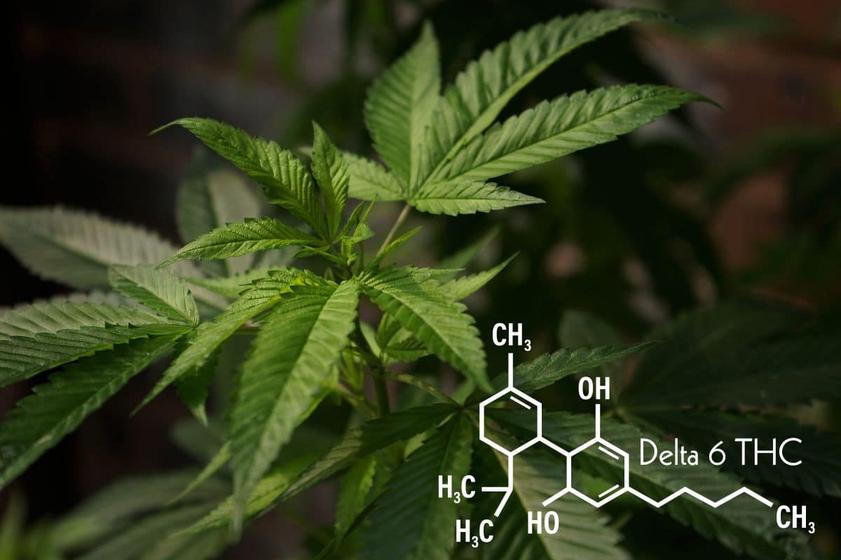
Reports highlight issues with delta-8-THC products, including purity and safety concerns.
Conclusion and Key Points
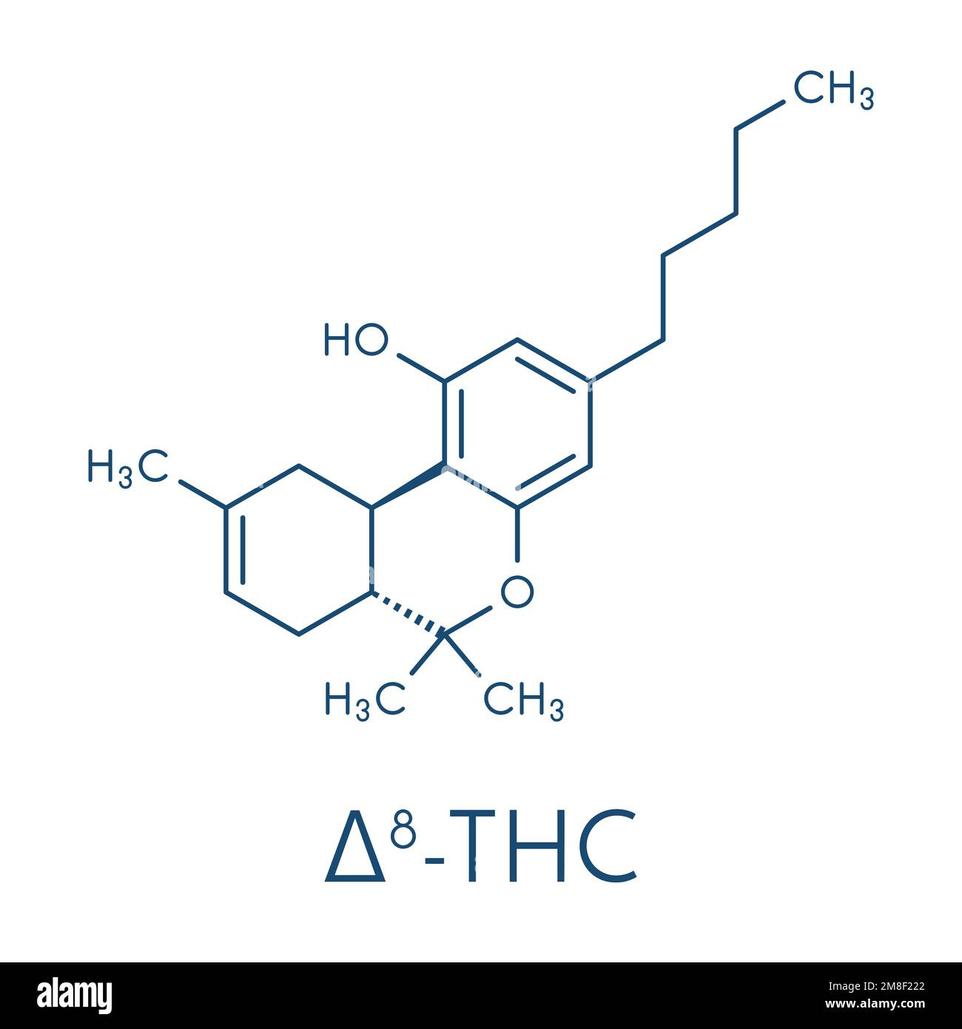
- Delta-6-THC exists as a theoretical isomer but lacks confirmed production or natural occurrence.
- No verified chemical synthesis or commercial products reliably contain delta-6-THC.
- Market claims of delta-6-THC often stem from confusion or unregulated product labeling.
- Delta-8-THC is better characterized and currently dominates alternative THC markets.
- Caution is advised when encountering delta-6-THC products due to scarce scientific backing.
Does the Isomer Delta-6-THC Exist? Let’s Unwrap the Mystery
So, does delta-6-THC really exist? The short answer is: it’s highly unlikely you’ll find delta-6-THC any time soon—if it exists at all in a practical sense. That might sound like a party pooper answer, but let’s dig into why this curious cannabinoid is more legend than lab reality.

Among cannabis enthusiasts and chemists, delta-6-THC pops up occasionally in conversations. But, based on current knowledge, nobody has reported synthesizing or isolating a pure delta-6-THC isomer definitively. It’s not sitting on dispensary shelves or featured in peer-reviewed chemical databases in any meaningful way. In essence, delta-6-THC remains a theoretical idea rather than a substance one can readily buy or study.
Why No Delta-6-THC on the Market? The Production Puzzle
One key reason delta-6-THC is absent: it’s not known to have been produced or extracted. When people say “I just bought some delta 6 dummy” on forums or social media, they’re usually misinformed or dealing with mislabeled products. So far, the scientific community and industry professionals have no confirmed reports of delta-6-THC manufacturing or distribution.
What’s behind this? Cannabis compounds tend to cluster around certain double bond positions, like delta-9 and delta-8 THC. These are naturally occurring or isolable because the plant’s chemistry favors their formation. Delta-6, sitting in an unusual double-bond place in the molecule, just isn’t naturally produced in significant amounts, nor has anyone successfully synthesized it and proven its stable existence.
Moreover, the 2018 Farm Bill complicated things by legalizing certain hemp derivatives that don’t contain delta-9 THC or contain it under 0.3%. This opened floodgates for alternative THC analogs, some real, others dubious or even synthetic with little oversight. Products advertising “delta 6 THC,” if they exist, often raise eyebrows for authenticity. Without quality control, these items drift into the murky waters between legal loopholes and outright scams.
Naming and Chemistry: Why Delta-6 Sounds Iffy
Let’s talk chemistry language for a moment. Naming cannabinoids follows strict rules—based on molecular structure and hydrogen placement. By naming convention, a delta-6 THC would require removing a proton at carbon 6, forming a particular double bond there. In the cannabinoid structure, the “Texas carbon” nickname sometimes surfaces to refer to these specifics.
But here’s the kicker: the molecular structure with the double bond at delta-6 is unstable or not typical in known cannabis chemistry. This structural oddity means it’s unlikely to form naturally or stay stable enough for practical use. The correct naming might exist on paper, but the molecule itself is more theoretical.
The Confusing World of Delta-THC Isomers and Market Realities
Here’s where things get even murkier. Delta-8 THC has exploded in the market, especially post-2018. Yet it faces its own set of challenges. Reports from credible sources like C&EN (Chemical & Engineering News) highlight problems with gas station delta-8 THC products—ranging from inconsistent potency to questionable safety.
This mess-around sets the stage for products like “delta-6 THC” to spring up as marketing gimmicks or misunderstood names. Some companies might use “delta 6” as a tag to sound exotic, hoping consumers won’t dig deeper. So, consumers should approach such products armed with skepticism.
What About Anecdotal Claims? Can You Really Buy Delta-6 THC?
In online communities, someone might boast about buying “delta 6” or similar compounds. In reality, they’re often describing mislabeled delta-8 or delta-9 THC products, or even synthetic cannabinoids unrelated to the natural cannabinoid family. Without lab tests and independent verification, these claims don’t hold up scientifically.
It’s a bit like ordering a “triple vanilla fudge cookie” but getting a chocolate chip instead and insisting it’s the same. The name might get thrown around, but the chemistry and effects could be very different.
Practical Takeaway: Should You Hunt for Delta-6-THC?
If you’re a curious cannabis connoisseur wondering if delta-6 THC is the next big thing—hold your horses. The science doesn’t back it yet. There’s no proven existence or reliable source for delta-6 THC. Products claiming to contain it might be misleading or just mislabeled.
For safety and transparency, sticking to well-studied cannabinoids like delta-9 THC, delta-8 THC, or cannabidiol (CBD) makes more sense. These compounds have more data, clearer effects, and are easier to purchase from reputable suppliers.
Also, when evaluating any new cannabinoid product, consider this checklist:
- Is the product tested by a third-party lab?
- Are certificates of analysis (COAs) available showing cannabinoid profiles?
- Does the product come from a reputable company with transparent sourcing?
If the answer is no or unclear, proceed with caution. The legal gray area surrounding new THC analogs can lure consumers into questionable territory.
Final Bit of Wisdom: Science and the Cannabinoid Frontier
Nothing shuts down curiosity faster than declaring something “doesn’t exist,” right? It’s worth remembering maybe one day, scientists might isolate or synthesize delta-6-THC or a similar compound with useful properties. The cannabis field is young and expanding fast—new cannabinoids keep popping up.
For now, though, delta-6-THC is more of a chemical unicorn. It’s a great conversation starter but not a chemical to get excited about buying or trying. Keep exploring, stay informed, and enjoy the cannabinoids we *do* know and understand.
Did you come across a “delta-6 THC” product or heard a wild story? Feel free to share! Sometimes debunking myths can be just as fun as discovering new compounds.
Does delta-6-THC exist in nature or is it synthesized?
Delta-6-THC is not known to be naturally produced. There are no verified reports of its synthesis by reputable sources.
Are products labeled as delta-6-THC legitimate?
Many products claiming to contain delta-6-THC come from unregulated markets. Their legitimacy is questionable due to lack of oversight.
What does the structure of delta-6-THC imply about its existence?
Naming conventions suggest a possible structure if a proton is removed from the Texas carbon. However, this is theoretical without confirmed synthesis.
Is delta-6-THC commonly found in cannabis dispensaries?
It is uncommon and suspicious if sold in dispensaries. Most marketplaces focus on delta-8 or delta-9 THC.
How does delta-6-THC compare to other THC isomers like delta-8?
Delta-6-THC is less known and less documented. Delta-8 THC faces its own market challenges, making delta-6 even less established.


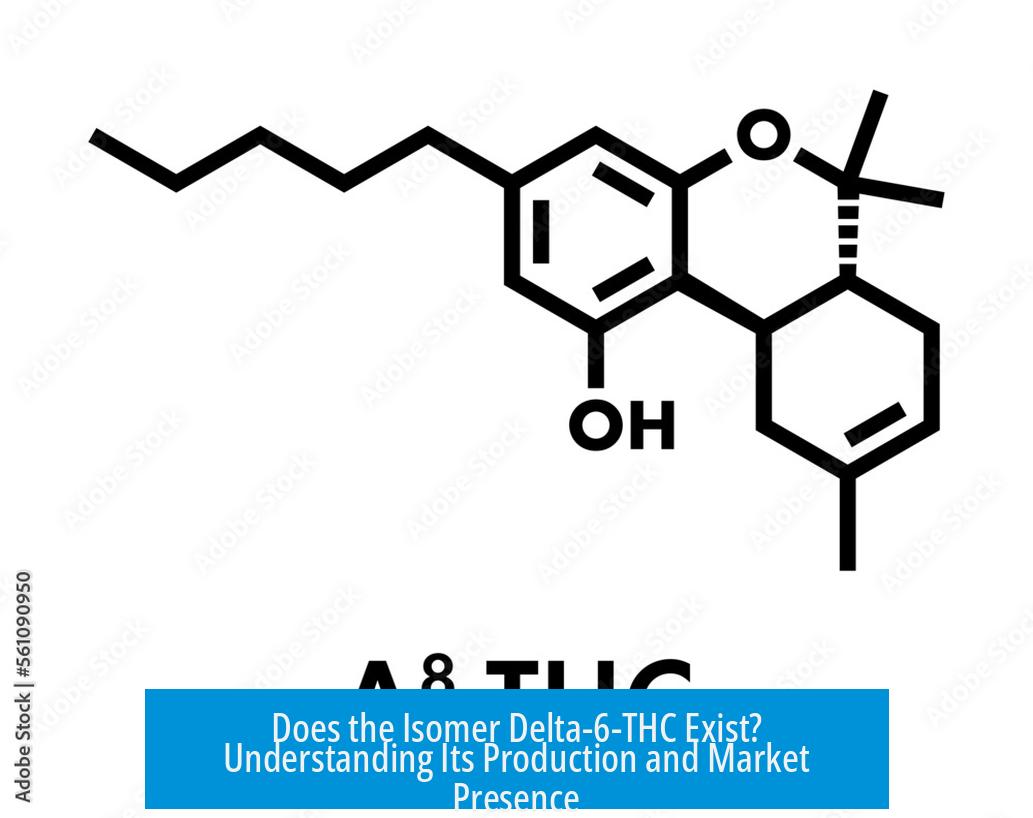

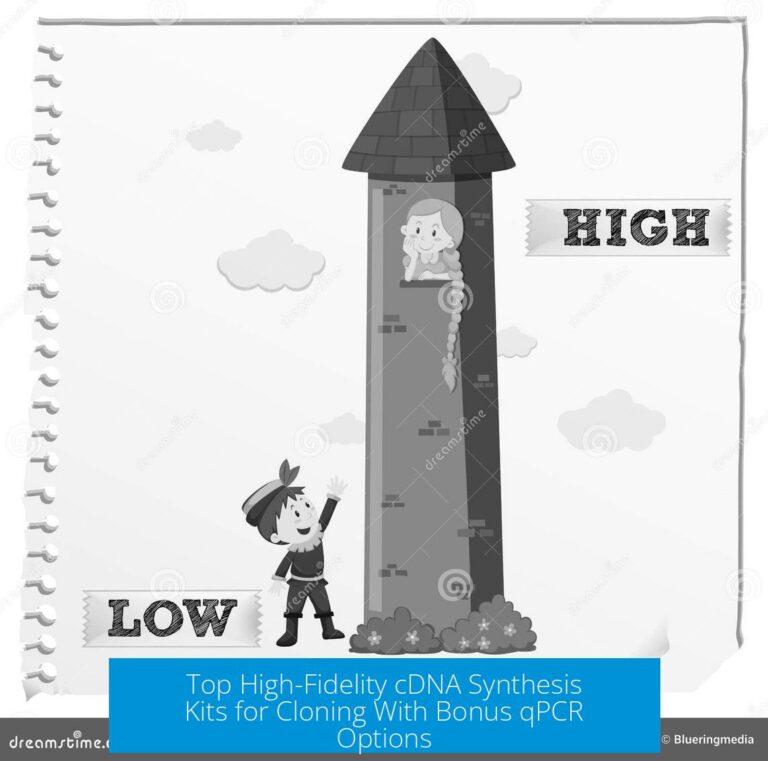
Leave a Comment